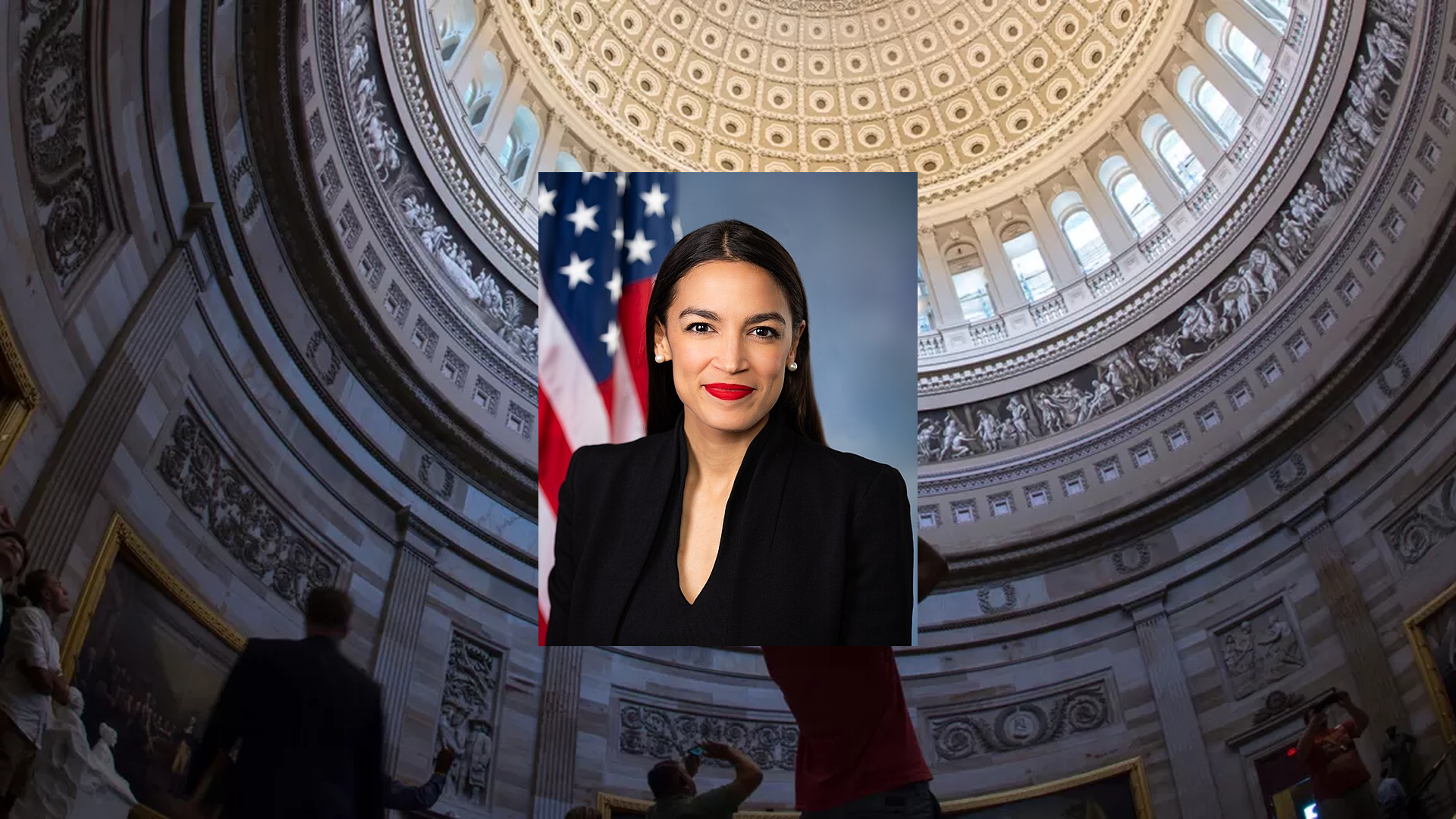It's three years until the 2028 presidential election, but there is already plenty of speculation around who will run for the highest office in the land. Here are a few of the early front-runners for the Democratic nomination:
California Governor Gavin Newsom
Electability case: As a two-term governor of the nation’s largest state, Newsom has high name recognition, a track record of executive experience, and an ability to raise large sums of money. His profile gives him broad media visibility and an existing statewide political organization; those strengths can translate into early primary momentum and national fundraising reach.
Recent News: Newsom has been active on state energy and budget matters, signing a major energy affordability package and continuing to shape California policy while considering a 2028 presidential run.
Representative Alexandria Ocasio-Cortez
Electability case: Ocasio-Cortez brings strong grassroots enthusiasm, especially among younger and small-dollar donors, and the ability to mobilize large crowds which can translate into rapid early primary traction. Her national profile and fundraising strength would let her compete aggressively in early states and build a national organization focused on turnout and activist networks.
Recent News: Ocasio-Cortez reported a large small-dollar fundraising quarter and has been touring with other prominent progressives while speaking at events and town halls.
Senator Jon Ossoff
Electability case: As a sitting U.S. senator from a competitive, recently purple state, Ossoff combines federal legislative experience with demonstrated ability to win in a swing state. He has built a strong fundraising operation and an electoral coalition that can be framed for both primary audiences and general-election swing voters. His 2028 chances will hinge on his ability to perform well in 2026, when he is up for election again in the Senate.
Recent News: Ossoff has been fundraising heavily for his 2026 reelection and reported raising more than $12 million in a recent quarter while continuing outreach in Georgia.
Pete Buttigieg
Electability case: Buttigieg brings prior presidential campaign experience, a record as a cabinet-level official, and a profile that appeals to voters looking for youthful technocratic competence. His early organizational experience in 2020 and subsequent national role give him access to donors and institutional networks useful in a primary and the ability to argue governing experience to general-election voters.
Recent News: Since leaving his cabinet post, Buttigieg has made campaign-style appearances in early states and announced he will not run for a Michigan Senate seat, keeping open the possibility of a future presidential bid.
Pennsylvania Governor Josh Shapiro
Electability case: As governor of a large, politically diverse state, Shapiro combines executive experience with recent success winning statewide races in a competitive region. That background can help him appeal to swing suburban voters and to donors who prioritize electability and a moderate, managerial image in a general election.
Recent News: Shapiro has been focused on state budgeting and policy priorities, proposing a $51.5 billion budget with major investments while managing an anticipated multi-billion-dollar shortfall.
Maryland Governor Wes Moore
Electability case: Moore’s profile as a successful first-term governor in a diverse state, combined with storytelling and nonprofit leadership background, positions him as a candidate with executive experience and potential appeal to Black voters and suburban moderates. He would likely emphasize economic opportunity, governance competence, and a unifying message to primary and general-election audiences.
Recent News: Moore has promoted an economic growth agenda for his state’s 2025 legislative session and continued visibility on state-level priorities.
Kentucky Governor Andy Beshear
Electability case: Beshear’s repeated statewide wins in a Republican-leaning state give him demonstrable crossover appeal and a record of winning in challenging environments, a trait often viewed as an asset in general-election matchups. His experience leading a state with an opposing-party legislature can be presented as proof of practical electoral and governing skills.
Recent News: Beshear has spoken publicly about the possibility of a 2028 presidential bid while signing state-level measures such as a GOP-backed personal income tax cut and taking on national visibility through governors’ networks.
Illinois Governor JB Pritzker
Electability case: Pritzker brings deep personal wealth for self-funding, sustained executive experience as governor of a major Midwestern state, and a record of implementing high-profile state policy initiatives—factors that can help early organization and advertising in a national campaign. His Midwestern governorship may help in message-testing to suburban and industrial-region voters important in a general election.
Recent News: Pritzker has been featured heavily in national news recently, due to his conflicts with President Trump over ICE activity in the Chicago area.




